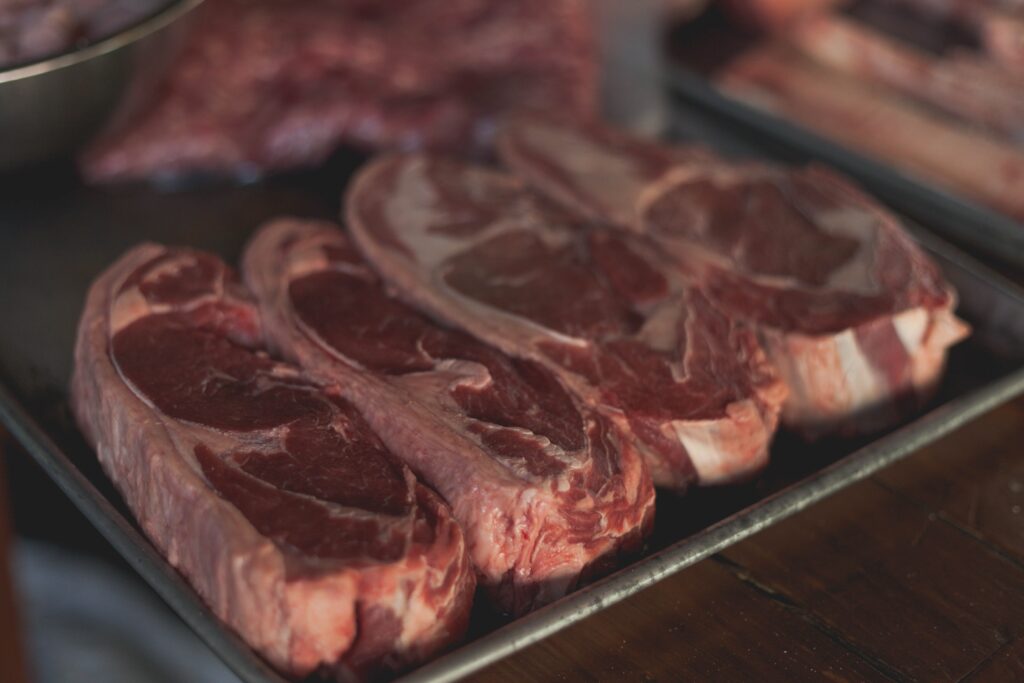The Covid virus may be lurking in the most unlikely of places — your freezer or fridge.
According to a new study in Applied and Environmental Microbiology, SARS-CoV-2 surrogates can survive on meat products in the refrigerator or the freezer for up to 30 days.
The research was conducted using chicken, beef, pork and salmon, and surrogate viruses with spikes similar to those on SARS-CoV-2, as surrogates, said first author Emily S. Bailey, Ph.D. The investigators stored the products at both refrigeration (4oC or 39.2oF) and freezer temperatures (-20o or -4oF).
“Although you might not store meat in the fridge for 30 days, you might store it in the freezer for that long,” said lead researcher Emily Bailey from Campbell University in Buies Creek, N.C. “We even found that the viruses could be cultured after [being frozen for] that length of time.”
Investigators became interested in this line of research when COVID-19 outbreaks started occurring in Southeast Asia despite no prior community transmission. Reports from those communities “suggested that packaged meat products, produced in areas where SARS-CoV-2 was circulating, could have been the source of the virus,” said Bailey. “Our goal was to investigate whether or not similar viruses could survive in this environment.”
Study Details
In the study, the investigators used 1 RNA virus with a lipid envelop, and 2 animal coronaviruses: murine hepatitis virus and transmissible gastroenteritis virus as surrogates.
All 3 viruses have previously been used as surrogates for SARS-CoV-2, generally with greater reductions in their numbers observed at refrigeration than at freezing temperatures. The reduction in numbers also varied according to the food item used.
“Continued efforts are needed to prevent contamination of foods and food processing surfaces, worker hands, and food processing utensils such as knives,” the research team wrote. Additionally, “the lack of, or inadequate disinfection of these foods prior to packaging needs to be addressed.”
Conclusion
The ability of SARS-CoV-2 viral surrogates like Phi 6 and animal coronaviruses to survive for varying extents on some meat and fish products when stored refrigerated or frozen is a significant and concerning finding. Continued efforts are needed to prevent contamination of foods and food processing surfaces, worker hands, and food processing utensils such as knives, and there is a need to better address the lack of or inadequate disinfection of these foods prior to meat packaging.






